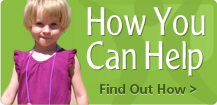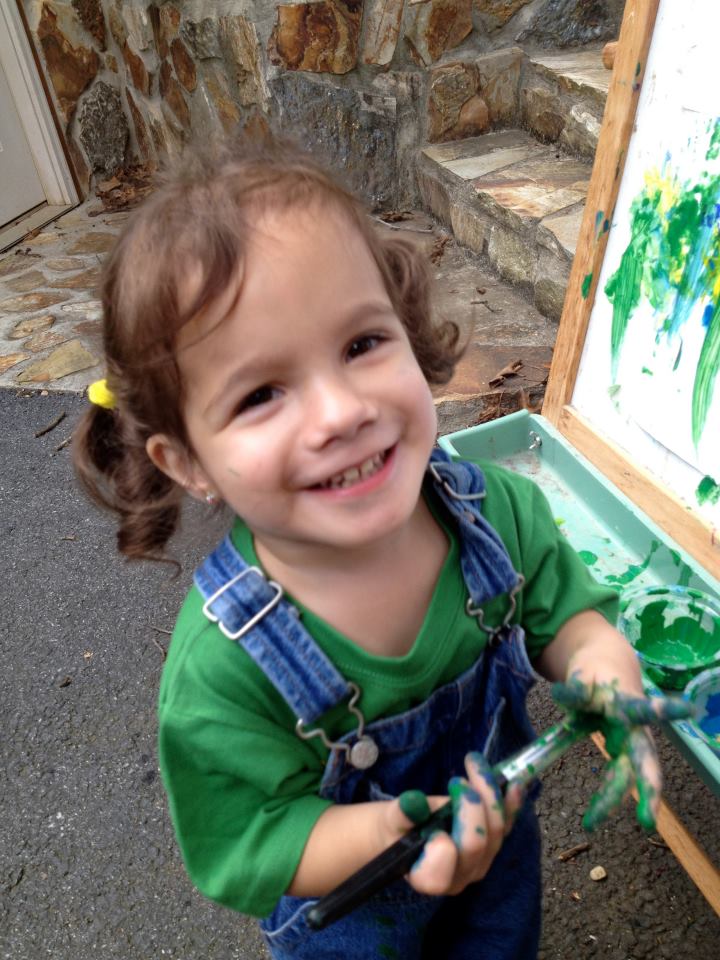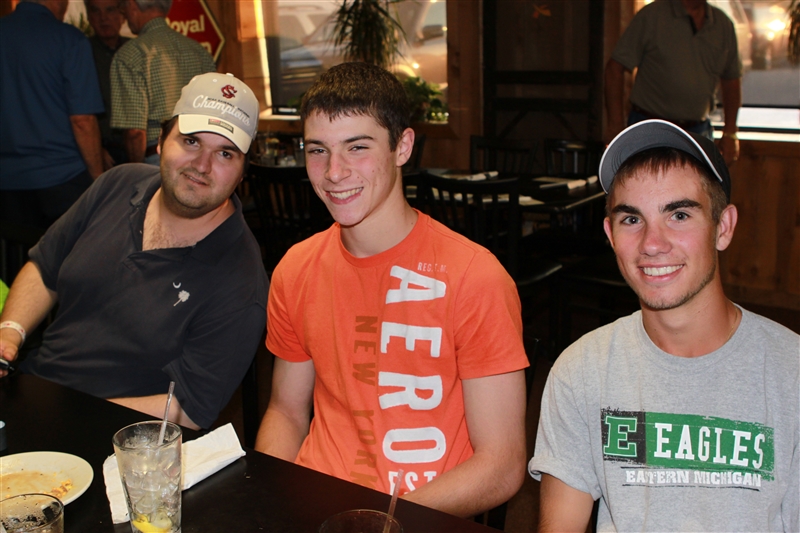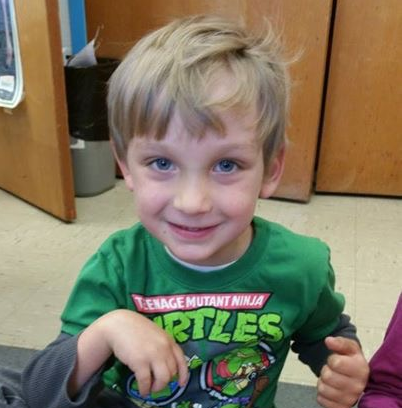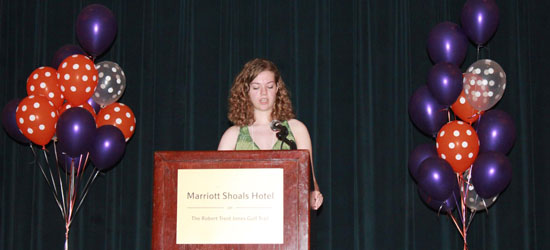
Disability Pride
Why disability pride? To promote the belief that having a disability or difference is a natural part of human diversity and to celebrate that diversity. This does not follow the “medical model” that views people with differences as having a medical condition that requires treatment. While individuals in the disability pride movement may seek medical treatment for conditions relating to their disability, these tend to be health related and not “cure” related.
Abelism
According to Wikipedia: “Abelism” is a form of discrimination or social prejudice against people with disabilities. It may also be referred to as disability discrimination, physicalism, handicapism, and disability oppression. The abelist sees able-bodied people as the norm and believes that people who have a disability should strive to become that norm. Disability is seen as something that one should overcome. The ableist worldview holds that disability is an error, a mistake, or a failing, rather than a simple consequence of human diversity, akin to race, ethnicity, sexual orientation or gender. Fiona Campbell writes: So what is meant by the concept of ‘ableism’? A survey of the literature suggests that the term is often referred to in a fleeting way with limited definitional or conceptual specificity. When there is commentary, ableism is described as denoting an attitude that devalues or differentiates disability through the valuation of able-bodiedness equated to normalcy. For some, the term ableism is used interchangeably with the term disablism. I argue however that these two words render quite radically different understandings of the status of disability to the norm. Furthermore, as a conceptual tool, ableism transcends the procedures, structures, for governing civil society and locates itself clearly in the arena of genealogies of knowledge. There is little consensus as to what practices and behaviours constitute ableism. We can nevertheless say that a chief feature of an ableist viewpoint is a belief that impairment or disability (irrespective of ‘type’) is inherently negative and should the opportunity present itself, be ameliorated, cured or indeed eliminated. Ableism refers to a network of beliefs, processes and practices that produces a particular kind of self and body (the corporeal standard) that is projected as the perfect, species-typical and therefore essential and fully human. Disability then, is cast as a diminished state of being human.[1] Abelism – defined by Wikipedia Medical Model of Disability Refusing Able(ness): A Preliminary Conversation about Ableism Ubiquitous Yet Unique: Perspectives of People with Disabilities on Stress 
General Disability
Disability Pride and Awareness Committe – Inclusion Network – Canada
Disability Pride Parade – Chicago
The Spoon Theory – Explaining Living with a Chronic Medical Condition
Disability as Culture
Deafness as Culture: A Psychosocial Perspective – The purpose of this paper is to use psychosocial theories of stigma, language and prejudice to discuss the factors that contribute to the transformation of deafness from a stigma to a cultural identity. Megan Jones, PhD.
Disability History
From Wrongs to Rights Video – In the early 1970s, Western Pennsylvania parents, journalists, and advocates joined together to reveal the issues surrounding the rights of people with disabilities in state-run and state-funded institutions, and strove to correct the issues brought about by the overcrowding, under-staffing, and seclusion. The documents contained in the archives show not only the problems within institutions, but also the public’s lack of awareness and the emerging recognition of the civil rights of people with disabilities. These documents and the companion video contain information regarding those early advocacy efforts, which laid the groundwork for efforts taking place today.
Disability and Language
Tales From The Crip: Ready, Willing and Disabled (some may find language in this article to be offensive)
Let’s Put The Person First, Not The Disability!
Disability Rights Organizations
National Disability Rights Network – The nonprofit membership organization for the federally mandated Protection and Advocacy (P&A) Systems and Client Assistance Programs (CAP) for individuals with disabilities.
National Consortium on Leadership and Disability for Youth – Unfortunately, updates to NCLD site seem to have stopped in 2011. The National Consortium on Leadership and Disability for Youth (NCLD/Y) serves as a national youth-led information, training, and resource center. NCLD/Y has a four-pronged focus on working on developing leaders, developing the capacity of centers for independent living to serve those leaders, the capacity of the staff working directly with the leaders, and supporting the cadre of youth with disabilities-related organizations.
Interesting Articles on Disability
My Son Doesn’t Want to Say Hello: Disability Awareness and Taking the Day Off
Disability Related Nonprofits
American Academy of Pediatrics
Cambridge Center for Behavioral Studies
Center for Effective Collaboration and Practice
Consortium for Citizens With Disabilities Education Task Force
Council for Exceptional Children
Council of Parent Advocates and Attorneys
Disability Rights Education and Defense Fund, Inc: Founded in 1979 by people with disabilities and parents of children with disabilities, the Disability Rights Education and Defense Fund, Inc. (DREDF) is a national law and policy center dedicated to protecting and advancing the civil rights of people with disabilities through legislation,litigation, advocacy, technical assistance, and education and training of attorneys, advocates, persons with disabilities, and parents of children with disabilities.”
Family & Advocates Partnership for Education
Fair Test – The National Center for Fair & Open Testing (FairTest) works to end the misuses and flaws of standardized testing and to ensure that evaluation of students, teachers and schools is fair, open, valid and educationally beneficial.
Autism
Aspergian Pride – celebrating the existence and accomplishments of the Aspergian population. From the website: “The word “Aspergian” is used on this site interchangeably with “autistic” to signify a cultural identity, not a medical condition. Our neurological differences can be viewed as a beneficial mutation, dating back to antiquity, which has contributed significantly to the development of humanity. We are a genetically distinct minority group with shared characteristic traits–in essence, a minority race.”
Mental Health
Mad Students Society – peer support and advocacy group of and for “Mad Students”. This is a community of students who are attending or planning to attend post-secondary or adult education institutions and have past/present experiences with psychiatric/mental health systems. Mad Pride Toronto – Mad Pride is an arts, culture, and heritage festival created by psychiatric survivors, consumers, mad people, and folks the world has labelled “mentally ill”.
Disability and College Journal Articles
Factors That Predict Graduation Among College Students with Disabilities
Americans With Disabilities Act and Social Work
Critical Issue Bibliography (CRIB) Sheet: Students with Disabilities on College Campus
Page Sources
1. Campbell, Fiona Kumari. Refusing Able(ness): A Preliminary Conversation about Ableism. M/C Journal 11 (3).



